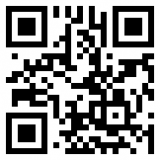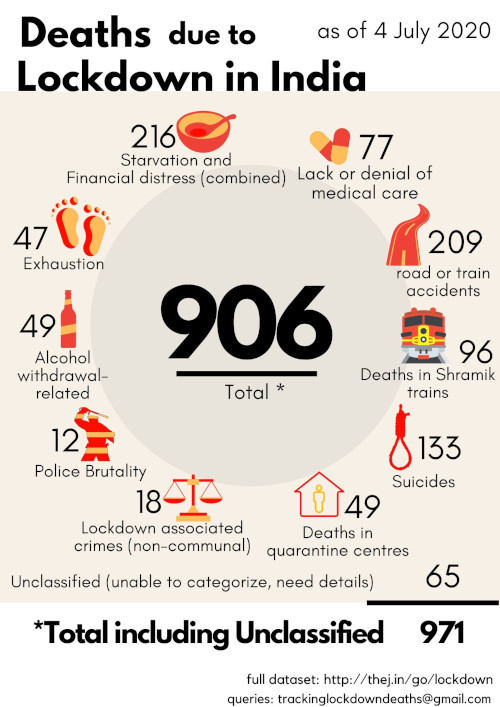How to choose passwords
Nowadays people are more online than ever before. Internet is as important as your mobile phone today. We are the “connected humans” of the 21st century. One of the basic aspects of being online is the ‘username’ & ‘password’ funda. This aspect has been around almost as long as computers themselves. So I decided to start my blog by talking about passwords. I’ll be talk about passwords in general, how to create strong passwords (ones that can’t be easily cracked), and most important of all, remembering them.
Lets face it, most of the time in the name of creating a uncrackable password, we create something that looks straight out of some script from a forgotten civilization. We easily forget such passwords in a couple of days. Finally to avoid going through the “forgot password” process, we more or less settle down for simple passwords.
Although nowadays we have alternate ways of logging into our computers (fingerprints, iris scan, etc. ) , getting online still needs a username & password. Websites typically recommend passwords of minimum 8 characters long and contain atleast one upper case letter, one number and one punctuation character. With all this I typically go around creating my passwords are as follows –
- Pick up some words that have some unique memory associated with it. For example, I have a friend who had named her cat “Tan Thita” after the mathematical symbol “tanθ”. The fact that a cat was given such a name is what made that memory unique. That’s one word. Next I pick some word that’s associated to the first one, like “feline”. Notice how I selected a word that’s strongly attached to the first word. Something like “purr” can also e selected but then you have to link “tan thita” to “cat” to “purr” which is a bit longer linkage for me. Now you can again go ahead and select a third word, say, “dog”, or we can go ahead with only two words we just selected.
- Pick 3 – 4 characters from each word – “Tan” “Thi”, “Fel” or “Feli”, “dog”. Now just concatenate 3 of these words while keeping the starting of each part in uppercase – “TanThiFel” or “TanFelDog”…. the list can go on. If you see the final word that’s created is already exceeding the minumum size of 8 characters.
- Add a number and a punctuation to this word. Or alternately, replace one or two characters with a number and a punctuation. For example “TanThiFel” can be changed to “Tan1ThiFel+” or “Ta1ThiFel!”. If you carefully notice the number and punctuation are somewhat related. In the first word “Tan1ThiFel+” the key for number “1” is the lefthand-most number in the keyboard and the “+” sign is the righthand-most key in the same row. If you take the second word, “Ta1Thifel!”, instead of adding “1” I replaced “n” with “1” and added a punctuation character at the last that’s from the same key as “1”.
There are a gazillion ways to create strong passwords using simple ideas like these. For me the main motive is that I must be able to remember my passwords while keeping them strong enough to avoid them getting cracked. I typically use 16 character passwords since it is much more difficult to crack them than 8 character ones. If you too want to use 16 character passwords, just extend the password rules to 2 upper case, 2 numbers and 2 punctuation marks instead of one of each.
Happy passwording ;) :D
– Vinay.V












I usually take a sentence and catitalize some starting letters and add some number or special characters.
That way mine usually will be longer than 16 characters.
viny..thats grt opeing.
nice one viny.